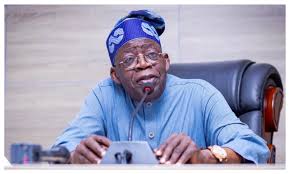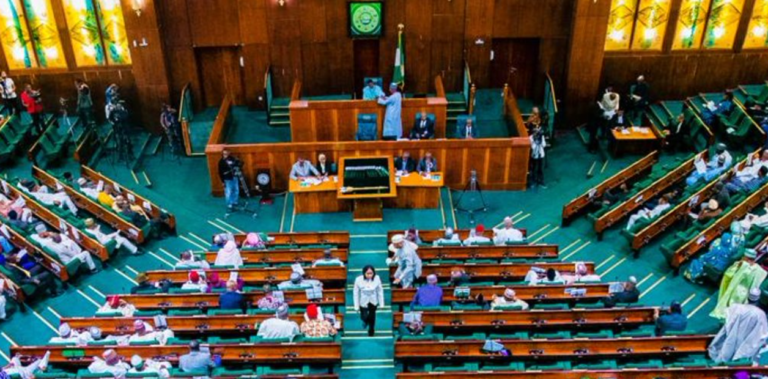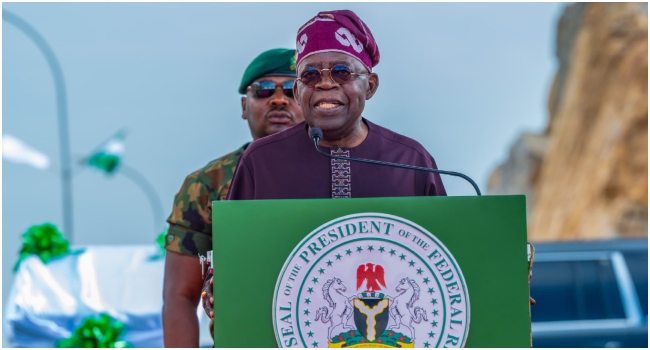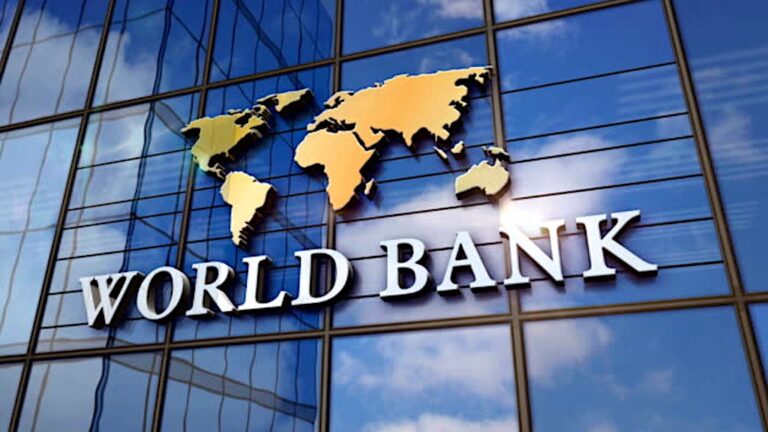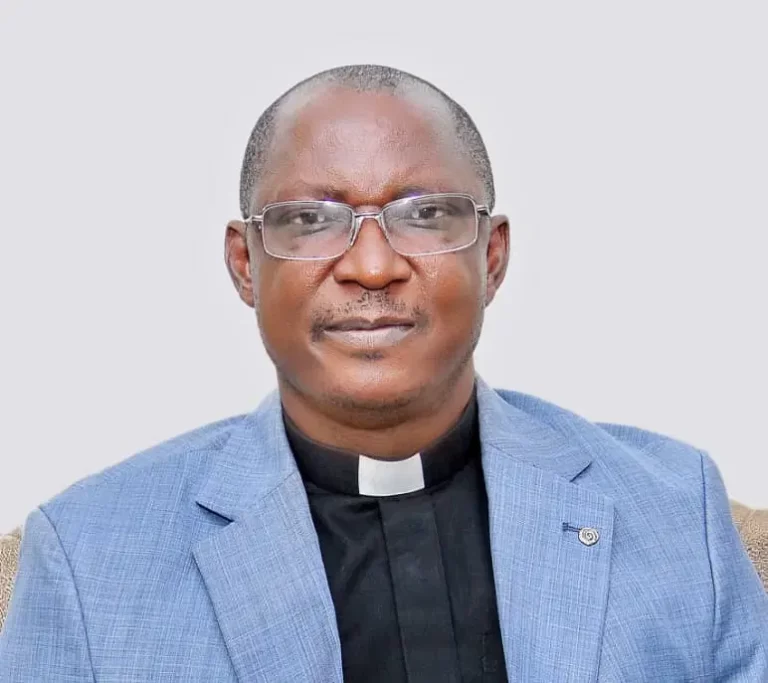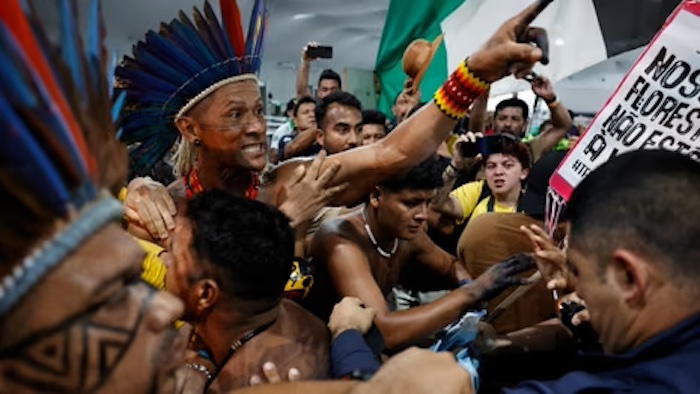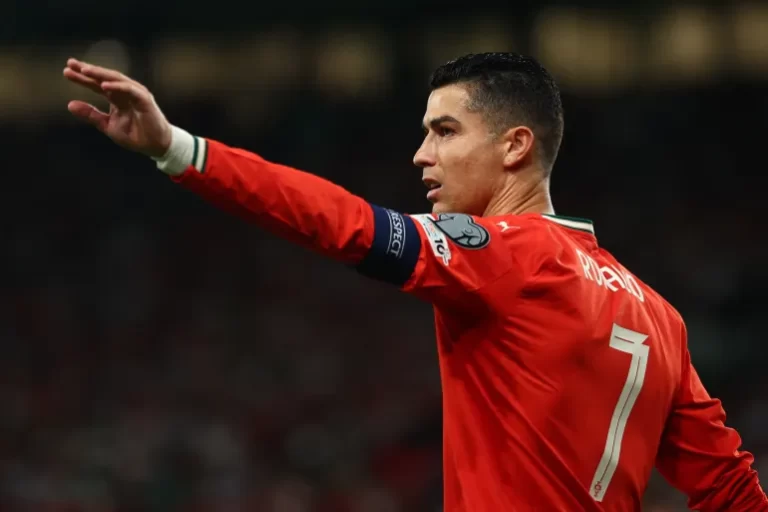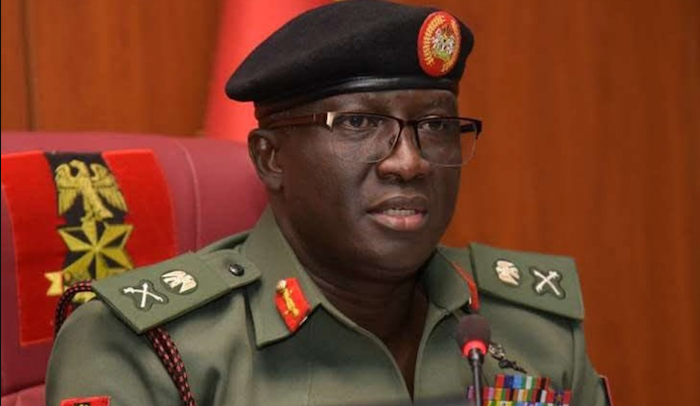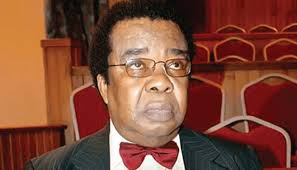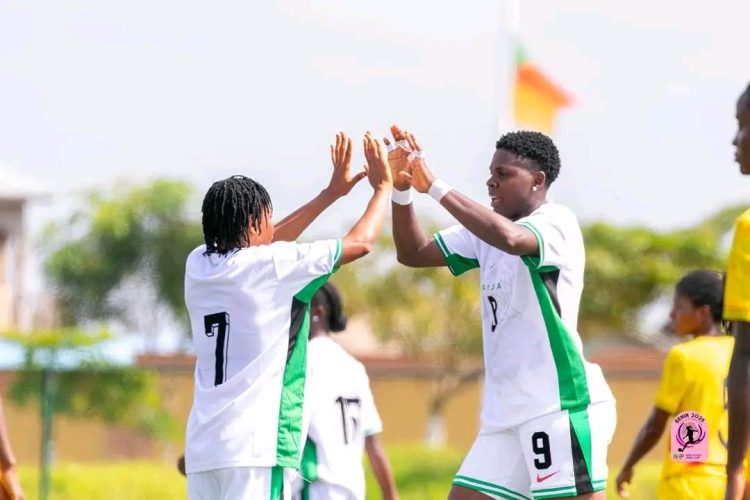Abuja, November 13, 2025 – The Federal Government has suspended the planned implementation of a 15 per cent import duty on petrol and diesel, which was earlier scheduled to take effect on November 21, 2025.
The Nigerian Midstream and Downstream Petroleum Regulatory Authority (NMDPRA) announced the suspension on Thursday, confirming that the policy was “no longer in view” and urging Nigerians to avoid panic buying.
NMDPRA’s Director of Public Affairs, George Ene-Ita, made the disclosure in a statement, assuring the public of adequate product supply across the country.
President Bola Tinubu had on October 29 approved the new import tariff on petroleum products following a proposal from Federal Inland Revenue Service (FIRS) Chairman, Zacch Adedeji. The duty was to be calculated at 15 per cent of the cost, insurance, and freight (CIF) value of imported petrol and diesel.
The policy was designed to protect and promote local refining operations, including the Dangote Refinery and modular refineries, by making imported fuel less competitive. However, analysts warned that the measure could sharply increase fuel pump prices—potentially by ₦150 per litre or more—and worsen inflation.
Announcing the suspension, the NMDPRA clarified:
“It should also be noted that the implementation of the 15% ad-valorem import duty on imported Premium Motor Spirit and Diesel is no longer in view.”
The authority further assured Nigerians of adequate national supply of petroleum products sourced from both local refineries and importers.
“There is a robust domestic supply of petroleum products to ensure timely replenishment of stocks at depots and retail stations,” the statement added.
The agency warned against hoarding or price speculation and pledged to continue monitoring distribution to prevent disruptions during the peak demand period.
“The Authority will continue to closely monitor the supply situation and take appropriate regulatory measures to prevent disruption of supply and distribution of petroleum products across the country,” the statement concluded.
The move comes amid public concern over rising energy costs and inflation, as the government continues efforts to stabilise the downstream petroleum market.

